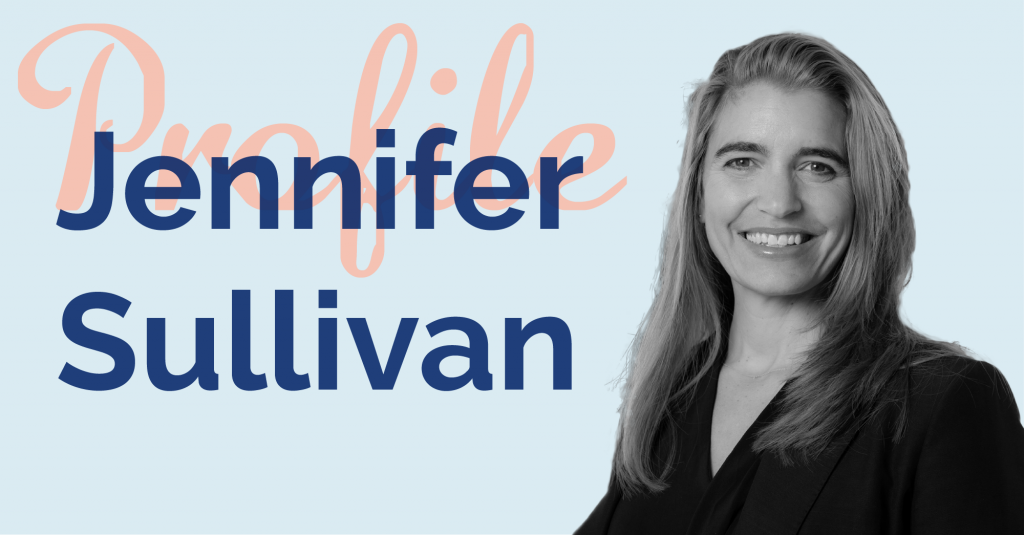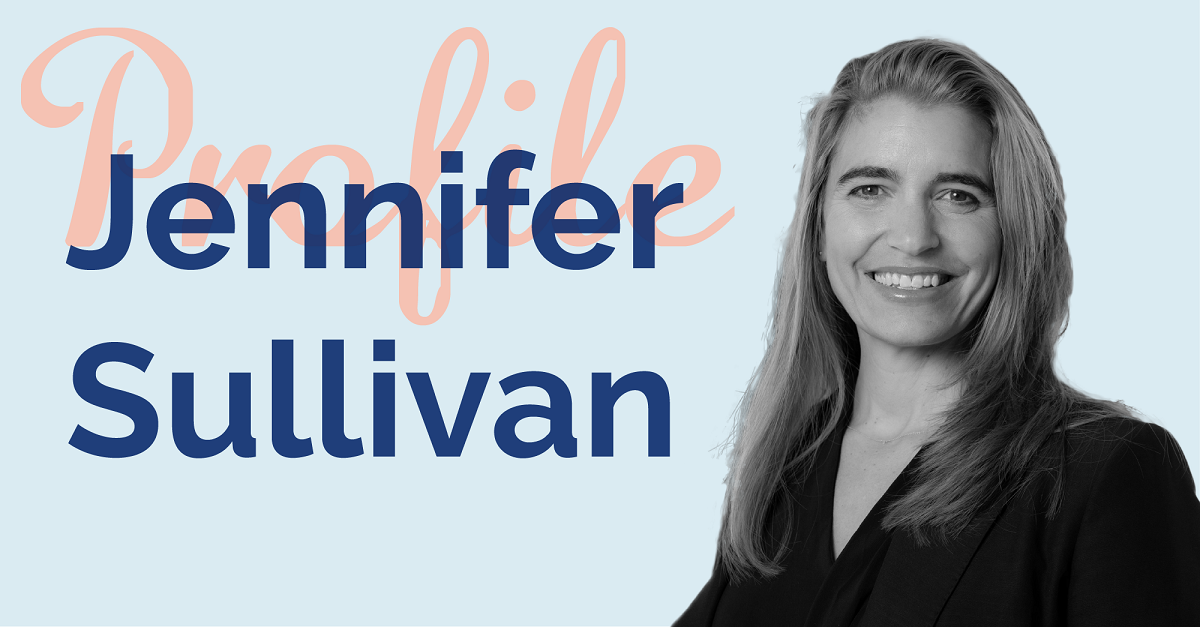
Jennifer Sullivan is a mediator, facilitator, and litigator who brings the power of understanding to her work. Jennifer’s background as a commercial litigator informs her focus on mediating civil and business disputes. She presents and teaches regularly on mediation techniques, is a member of the ADR Section of the Colorado Bar Association; a co-owner of a litigation, mediation, and corporate boutique law firm; and is the Senior Assistant Dean for Administration and Program Development at the University of Colorado Law School. She is a strong believer in second chances and is involved in a Boulder non-profit that supports formerly incarcerated individuals who are re-entering society.
Can you please share a little bit about your background? How did your experiences lead you to joining the CUC board?
As a junior associate in the litigation department of Faegre & Benson LLP (now Faegre Drinker Biddle & Reath), I took a mediation training course from Judy Mares-Dixon in Boulder, Colorado. Judy was the first person who taught me that effective mediation could include promoting dialogue between parties.
Throughout my time as an associate and then a partner representing litigants, I rarely encountered mediators who provided opportunities for party-to-party dialogue in commercial mediations, even though it could be helpful to achieving a better resolution. My first introduction to the CUC was through the Harvard Program on Negotiation, where Gary Friedman was one of the instructors for the forty-hour mediation program. I was hooked by Gary and his co-teachers’ (Dana Curtis and Robert Mnookin) challenge to keep everyone in the room and establish authentic connections. Following that training, I began to apply the Understanding-based model of mediation in my work as a mediator, and to incorporate aspects of the model into my work at the University of Colorado Law School, as well as in my litigation practice. I can’t overstate how transformative the Understanding-based model has been in my life.
I have since taken several CUC trainings, and each time I come away with renewed inspiration. I appreciate the community of like-minded mediators and conflict professionals that the CUC has created, and I love to learn from the CUC teachers as well as the community. I have seen how promoting dialogue and striving to increase understanding can radically improve the outcome of disputes and its potential to solve all sorts of problems. I am passionate about continuing this work.
Can you share an experience using the Understanding-based model?
Recently, I was mediating a conflict regarding the sale of a business. One of the parties was talkative; the other reserved. After developing some trust and rapport, I shared my observation regarding the parties’ dynamic. This simple observation—that one party was quiet while the other more talkative—dramatically shifted the dynamic: the talker recognized the need to make space, while the quiet party explained why she’d been reticent.
Following this acknowledgement, the quiet party aired feelings she’d been keeping to herself. It was a breakthrough moment. The parties found their way to a resolution that recognized the issues most important to each of them. Both seemed relieved to have resolved the case in this way, and both wished each other well in the future. This positive parting was a direct contrast to their earlier antagonism.
What is one key piece of advice you’d like to share with other conflict resolution professionals?
Because I’m still relatively new to mediating, I’m focused on my fellow newbies. And my advice to them is: find a way to start mediating, so you can develop your inner game. I’ll explain.
When I finally started actually mediating (as opposed to role-playing), I’d taken a lot of trainings and I was holding a jumble of different techniques and processes in mind. Call these the “outer game”: the steps you follow, the techniques you learn from others. Focusing on the outer game made me a bit wooden and overly concerned about my role as a mediator, instead of the parties’ dispute. I found myself prioritizing process over my instincts as a human, which made me less effective. In order to overcome this, I went back to my mental training as an athlete, and combined this with what I’ve learned through the CUC.
There’s a concept called the “inner game” that comes from a book called The Inner Game of Tennis by W. Timothy Gallwey, which can be applied to all sorts of endeavors, not just sports. Essentially, the “inner game” involves letting go of your ego and focusing on the desired outcome.
I love to learn about mediation, read about and discuss different techniques, and teach these techniques. But when it comes time to actually mediate, I find that I must let go of these specifics and focus on understanding the parties’ perspectives on the dispute, trying to communicate that understanding back to the parties, and then using that understanding to explore options for resolution.
I’m grateful to the CUC for providing opportunities to continue to develop skills for achieving this understanding.
What is something you enjoy doing with your free time?
I’m an avid reader and writer, and have been at work on a book. Shhhh…don’t tell!!
